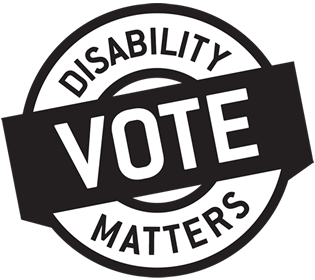Meet Basic Needs
For many in Manitoba, having a disability has meant living in deep and unrelenting poverty. It has also meant having very limited housing options due to the growing shortage of accessible and affordable units in the rental market.
Two recent developments hold promise to help address basic income inadequacy.
The first is the new provincial Manitoba Supports for Persons with Disabilities (Manitoba Supports) program that will increase monthly benefits for those with severe and prolonged disabilities who had previously relied on Employment and Income Assistance (EIA). The new program delivery is also intended to be more responsive and respectful than EIA.
While much welcomed, the new program still fails to provide a dignified level of income. It also fails to protect the economic independence of recipients in relationships with spouses or partners. The early and robust evaluation of the new program will be essential to learn from and improve its design and delivery.
The second promising development is the recent passage of the federal Canada Disability Benefit Act that has been heralded as a “once in a generation to lift many working age Canadians with disabilities out of poverty”. Much of the act’s promise and impact, however, will depend on provincial governments agreeing not to claw back benefits from their intended recipients, as well as preventing private insurance companies from doing the same.
In contrast, the lack of accessible and affordable housing options is getting worse. Accessible rental units have long been hard to find, especially in rural or smaller population centres. Accessible options for low income Manitobans have grown even more limited over the last decade as part of the overall loss of 24,000 units that had rented for under $750. Meanwhile, it is estimated that nearly 6,000 people are currently on the wait list for Manitoba public housing.
Questions for the Parties: If elected to form the next government...
- How will your party ensure that program participants and the broader disability community have leadership roles in evaluating the new provincial Manitoba Supports for Persons with Disabilities program?
- Does your party commit to neither directly nor indirectly clawing back Canada Disability Benefits payments from their intended recipients and preventing clawbacks by private insurance companies?
- How will your party work to increase the availability of affordable and accessible housing options throughout Manitoba?
